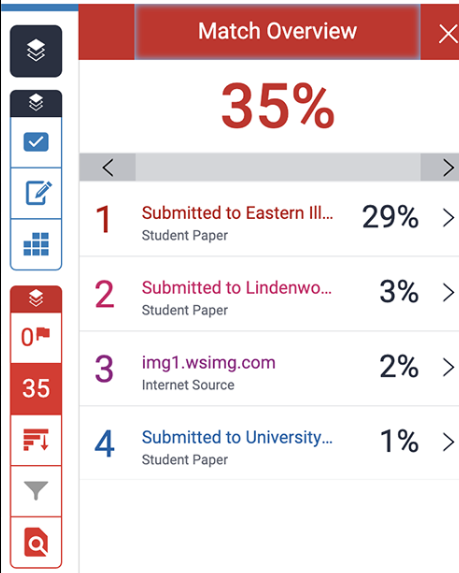University of Southern Mississippi professor Andrew Haley put his culinary history background to work when he served as a judge for the 47th Official Pillsbury Bake-off Contest Nov. 3. According to Haley, the Pillsbury Bake-off is America’s longest running and most prestigious cooking contest for home cooks.
“I received an email and at first I thought this must be some kind of hoax,” Haley said. “But sure enough, it was from Pillsbury. But I think I am the first history professor to ever judge the contest.”
Thousands entered the contest, but only the top 400 or 500 recipes were sent to Minnesota where they were prepared in the Pillsbury test kitchen. However, only 100 finalists were chosen. The creators were flown to Nashville where they prepared their recipes for a panel of 12 judges, including Haley. Then, eight category winners and the four finalists were chosen. This year’s grand prize is $1 million.
Each of the finalists participated in one of the four categories: breakfast, snacks, dinners and desserts. The judges ranked their favorites, and this will make up 55 percent of their total points. This year, for the first time, the recipes are online and the public can vote for their favorite. The winner will be announced on ABC’s “The Chew” Dec. 1-3.
Haley judged the breakfast category, which meant tasting each dish and rating it based on its taste, appearance, crowd appeal and creativity. One of the dishes Haley liked enough to think it should be one the four finalists was the chocolate-hazelnut donut poppers.
“It was a long day, but the other judges were smart interesting people and we really discussed and debated each winner,” Haley said. “So it was also fun. I got to taste some nifty dishes and talk about food all day.”
Haley said one of the four finalists is Jody Walker from Mississippi.
“My role in this is finished, but I will definitely watch because I want to see if the Internet votes were the same as the judges’ votes,” Haley said.
He favored many of the special award winners for their creativity and the fact that they were inspired in some small way by the history of America. For example, the muffuletta mini pies and the very vanilla lemon tart are variations of Italian immigrant dishes.
“I wasn’t sure I would have much to say until I got there,” Haley said. “But history played a big role in how I judged and often shared my thoughts about history and culture with the other judges when we were making decisions. For example, one of the four finalists is a Cuban sandwich that, from a historian’s standpoint, demonstrates the multicultural roots of the nation that we live in.”
Haley’s work on the Mississippi Community Cookbook Project, a website that is digitizing community cookbooks written by Mississippians before 1970, translated well to his experience at the Pillsbury Bake-off.
“These cooks were very much like the cooks who submitted recipes to the contests,” Haley said. “They were people who taught themselves to cook and became famous for something they made really well, so they submitted it to a charity or community cookbook. Contest participants are the same and many of the recipes I tasted were deeply rooted in American culinary traditions.”
Many popular recipes originated during previous Pillsbury Bake-off contests, such as the “Tunnel of Love” cake with pudding in it and cookies with Hershey’s kisses in the middle.
According to Haley, Pillsbury made a donation to local food pantry, the Edwards St. Fellowship Center, as a thank you.






























